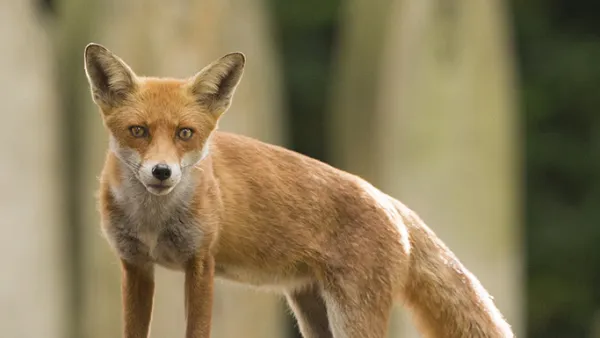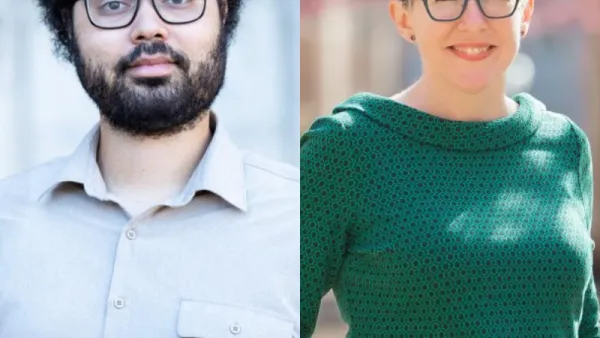
Tell us about your role at the Center for the Literary Arts. What excites you most about this program and your involvement in it?
As the CLA’s Postdoctoral Fellow, I’ll help develop and implement programming aimed at providing resources for and building community among folks engaged with the literary arts at WashU and beyond. The ambitious scope of the CLA is really exciting to me. It works to bring together creative practitioners and intellectuals across the University, St. Louis, the States, and the continents.
For the CLA, “literary arts” means poetry and prose and nonfiction but also translation and inter-arts practices, while “community” transcends departmental and campus bounds. I’m eager to be part of the interdisciplinary and cross-community conversations the CLA enables—and to help set them in motion!
CLA focuses on applying creative practice to different disciplines. What does your personal creative practice look like? What advice could you share with others who are looking to develop an ongoing rhythm in creativity – whether that’s in the literary arts or a different field?
I’m primarily a poet, but my creative practice is very interdisciplinary. I rely on my background in music to build the sonic elements of my poems, and I often incorporate visuals in my poetry and write in response to visual art. As a researcher, I’m interested in intersections between the arts and biological sciences, animal studies, and conversations around gender and class. In my work, I think a lot about the difficulty of defining “life”—as opposed to matter or liveliness or the bare fact of being alive—and how that definitional difficulty has come into the spotlight recently in the wake of the climate crisis, fights for social justice, and the overturning of Roe.
I find overlaps in seemingly disparate conversations generative to my writing because they give me what feels like a vital mystery to solve. What hums under the surface of these connections? Can it help us stay alive and live better?
To answer the second part of your question, I’m great at writing rhythmically, but not always regularly! For me, creative practice involves a lot of reading and thinking and living to inform the making. I think what’s important is paying attention to the potential poem or story or multimedia installation that exists in your day-to-day encounters and, in the meantime, developing your craft so you have the tools you need when you’re ready to sit down (or stand up) and create. Learn a new technique, reverse engineer the creative work that moves you, play with and test the materials that make you want to turn them into art.
What influences led you into the pursuit of poetry? What continues to surprise you about the art form as you both read and create it?
As an undergrad, my primary major was English education, so I took a lot of classes that were basically sociology classes—classes on the politics of education, barriers to equal access, etc.—along with classes on the history of the English language. Between the two, I came to understand language as simultaneously a powerful political tool and fundamentally mutable, a lively material that shapes and is reshaped by the human communities that build their lives around it. In other words, I learned that commanding language could make you powerful, and that changing it could change the world that prevented you from being powerful in the first place. Then I took a poetry writing class, and that was it.
For me, writing poetry is about changing what language can do and in the process basking in all of its possibilities. Attending to anything yields surprises, but attending to language yields layers of meaning that make new ways of thinking and being possible. In both writing and reading poetry, I often have to confront the limitations of my thinking and find new pathways to understanding. It’s hard to explain, but when I’m struggling to find a line or word that means what I mean and finally hear it, it’s like a new continent pushing up.
It’s a cliché question, but which book(s) are you absorbed in now? Which authors can you not stop recommending to others?
Right now I’m reading Matthew Desmond’s Poverty, by America, which asks why poverty persists at the levels it does in such a wealthy country and what we can do. It’s well-researched while also being super clear and personal and so far provides good answers to its questions. Earlier this summer I read Kazuo Ishiguro’s Klara and the Sun, which was wonderful (although Never Let Me Go is still my favorite Ishiguro book). I love Ishiguro’s spare style and the way his work troubles what it means to be human.
Poetry-wise, I’ve been on a Diane Seuss kick lately. I especially recommend her latest collection, frank: sonnets, which somehow manages to be conversational and descriptively sharp at once. The result is you’re disarmed and then gut-punched, which I guess I enjoy as a reading experience—ha.


